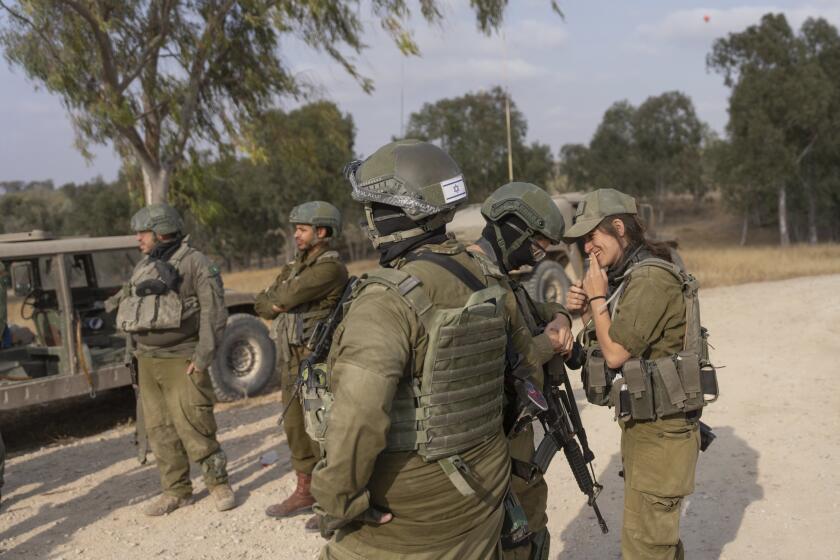N. Korea misses nuclear deadline
North Korea blew an important year-end deadline to report details of its nuclear program, a worrying sign that dictator Kim Jong Il is once again stalling on his promises of denuclearization.
The history of nuclear negotiations with the leadership in Pyongyang is littered with broken promises and non-starter agreements, making this missed deadline a discouraging beginning to the New Year.
Under a deal reached in February, North Korea was to have provided by the stroke of midnight Monday technical information about the nuclear bomb it tested in October 2006 and a “full and complete” inventory of its nuclear program.
“We do expect that they will, in fact, meet this obligation, and in fact provide us with a declaration,” State Department spokesman Tom Casey told reporters Monday. He said the delay was caused by a disagreement about how much detail was required.
The administration is pushing hard for a breakthrough with North Korea, an accomplishment that would burnish Bush’s mixed legacy on dismantling weapons of mass destruction.
North Korea has been largely complying with part of the February deal, which calls for it to shut down operations at Yongbyon, a nuclear compound in the mountains north of the capital, Pyongyang. For two months, U.S. experts have supervised the disabling of a nuclear reactor, a plant that makes nuclear fuel rods and another that reprocesses fuel rods for plutonium.
Although gaining admission to the nuclear compound is in itself a huge accomplishment, the United States wants information about more secretive facilities, such as the site where North Korea tested a bomb in 2006.
The inventory was supposed to disclose how much weapons-grade plutonium was in the North Koreans’ arsenal and how many bombs were assembled. The United States also wants North Korea to come clean about a program to make highly enriched uranium and to answer Israeli assertions that it supplied nuclear expertise to Syria.
South Korea downplayed the significance of the deadline. “Dec. 31 is a target date,” Foreign Minister Song Min-soon said last week in Seoul. Denuclearization “is like a living, breathing entity: Sometimes it goes fast, and sometimes it slows down.”
In early December, President Bush took the unprecedented step of sending a personal letter to Kim, whom he once denounced as a “tyrant,” urging him to denuclearize. The United States and its allies have dangled promises of removing North Korea from the list of “terror-sponsoring” nations as well as assistance in rebuilding the economy.
But Daniel Pinkston, a nuclear expert in Seoul for the International Crisis Group, said the U.S. has an unrealistic expectation that North Korea will follow the example of Libya’s Moammar Kadafi -- who renounced nuclear ambitions and state sponsorship of terrorism in exchange for economic aid.
“They are not going to deliver on their part of the bargain on a gentleman’s agreement to give them economic assistance. They are going to wait to see the money in the bank,” Pinkston said.
He also said that the Yongbyon facilities being dismantled are not the most important elements of the nuclear program. “They might be giving up obsolete junk that needs to be dismantled anyway,” he said.
The dismantling work is also behind schedule. Some of the delays are technical. For example, the U.S. experts insisted on higher safety standards than did the North Koreans in the handling of nuclear material. But other delays are the result of foot-dragging.
Last week, a North Korean Foreign Ministry official, Hyun Hak-bong, was quoted as telling Chinese and South Korean officials that his country would “adjust” the pace of dismantlement because of a “delay in the implementation of economic compensation obligations.”
More to Read
Start your day right
Sign up for Essential California for news, features and recommendations from the L.A. Times and beyond in your inbox six days a week.
You may occasionally receive promotional content from the Los Angeles Times.






